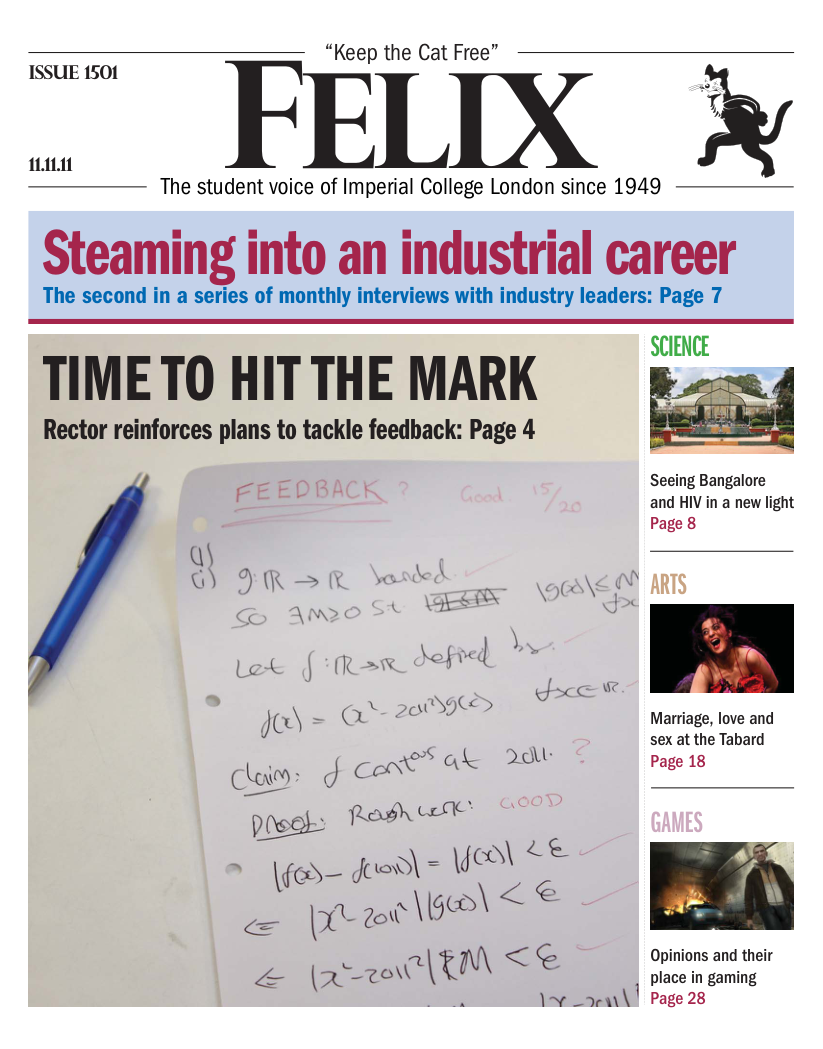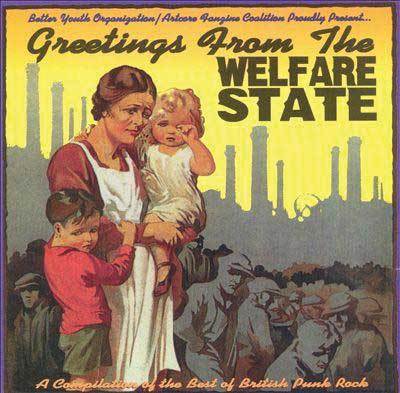The End of the Big Four?
Let’s hope not, argues Rajvinder Virdee in this debate

PwC, Deloitte, KPMG and Ernst and Young – better known collectively as the Big Four. The word ‘Big’ really doesn’t do them justice; enormous, gigantic and colossal are more appropriate adjectives. It’s hard to get a grasp of how big they are compared to other accountancy firms until you look at the raw figures.
They really are massive compared to the next best firm in each of the categories. They have the most employees, the most clients, the highest total market capitalisation of their clients and the highest total profit of their clients. They are the biggest, and they have the best clients. But it seems that people with power have noticed, and the Big Four are now fighting a battle on two fronts: on one side the Office of Fair Trading (OFT) have referred the Big Four to the Competition Commission; on the other side, the EU are having a go too. They both want the same thing – to either split the four firms up into smaller companies, or to set a limit on the number of clients they have.
The OFT doesn’t seem to like the fact the Big 4 firms are dominating the market. With 99 of the FTSE 100 companies being represented by the Big Four, and just 2.3% of firms that have been a part of the FTSE 100 in the period 2002–2010 have actually changed auditors. They claim there is a lack of competition, which is true, to a certain extent. But the FTSE 100 represents the 100 ‘best’ companies in the country, and they will want to be audited by the ‘best’ firms of accountants. Is that an unfair thing to want? Can it really be said that the four largest firms in an industry have an unfair majority of the market share? Perhaps if there was just one firm with these 99 clients this would be understandable, but when there are four firms being grouped together, the argument becomes a bit flaky. It is like saying to Tesco, Sainsbury’s, Asda, Morrison’s and Waitrose: Too many people are spending their money in your supermarkets; we are going to split you up. The Competition Commission have the power though. They have already forced BAA’s hand, requiring them to sell some of their airports; who knows what they could do to the Big Four?
The EU seem to have less of an issue with the supposed lack of competition in audit services, and more of an issue with the services the Big Four can offer their clients. Reuters report that they have seen a draft of a law that could really shake up the Big Four. It proposes that the Big Four should be banned from offering or providing their consulting services – even worse, force their consulting braches to split from the rest of the accountancy part of the firms.
We will have to wait until November to see what the implications of these laws are, but the situation is looking bad for the Big Four. But to use the analogy of supermarkets again, these laws would be like saying to a shopper that they are allowed to buy their food from a supermarket, but not any drinks, toiletries, clothes or electrical goods. If some sectors are allowed to offer numerous services ‘under one roof’, then why can’t others? Especially when the work – audit and assurance – that the various consulting departments do are so closely related.
It just seems everyone is being a bit hard on the Big Four. Maybe people are starting to get bored of picking on the banks and have moved on to the next type of financial institution? The arguments from the OFT and the EU seem flaky. Perhaps they would be understandable if there was one juggernaut of a firm dominating the market, but it is not one, it is four. Would it be such a bad thing to want to be serviced by the best in the business if you can afford it? There is a reason why these firms have become so big: because they are good. Why can we not accept that?
Article Rebuttal
The author criticises the OFT and EU decisions as “flaky”, but he is unjust in the arguments he offers for saying this. First of all, he completely ignores the fact that the accountancy and consultancy markets need not be – and definitely are not – the same as the retail market. As the recent price war between Tesco et al. has shown, a few players in the retail market will not only not collude, but can actually engage in fierce competency from which the only beneficiary is the consumer. This is because retail products are consumed on an everyday basis and it is fairly easy for the consumer to change upon finding a better offer. However, the market in which the Big Four compete is not as flexible; their services are not used in a regular basis, and are often subject to strict contracts from which it is difficult to escape. Besides, they deal with sensitive corporate information, so a trust relationship between customer and provider is necessary.
The OFT concern about the Big Four having established an oligopoly is therefore fair, and that is why they have recommended a yet-to-be-concluded investigation. It will be the exhaustive analysis of their actions, past and present, which will allow the OFT to determine whether such a thing is actually taking place. Needless to say, if it were to be concluded that the Four had colluded and were operating in a cartel, the main beneficiaries of its dissolution would be the rest of the world companies. It does not therefore seem fair to justify such an oligopoly – if it actually existed – by claiming that it is their success that lead to it; tumours also are successful growers, but that does not mean they should not be extirpated if harmful.
As for the EU concerns, they do seem justified, especially if past events are taken into account. Indeed, if the same company who audits your accounts could provide you with consultancy services, then a conflict of interest could appear as the latter grew in size. In the times of the Big Five, Andersen Consulting faced such a conflict of interests with Enron, and when the latter went bankrupt, the former sank into scandal as it arose it had helped with the creative accounting of the former.
Both actions are just preliminary investigations, and no culprits have been found yet. But, as said, if someone was to benefit from them being found, it would be the rest of the world, and no matter how successful the Big Four are, we cannot risk them colluding against us or facing and failing to solve the same conflict of interests that lead to the Enron scandal. Beñat Gurrutxaga-Lerma









